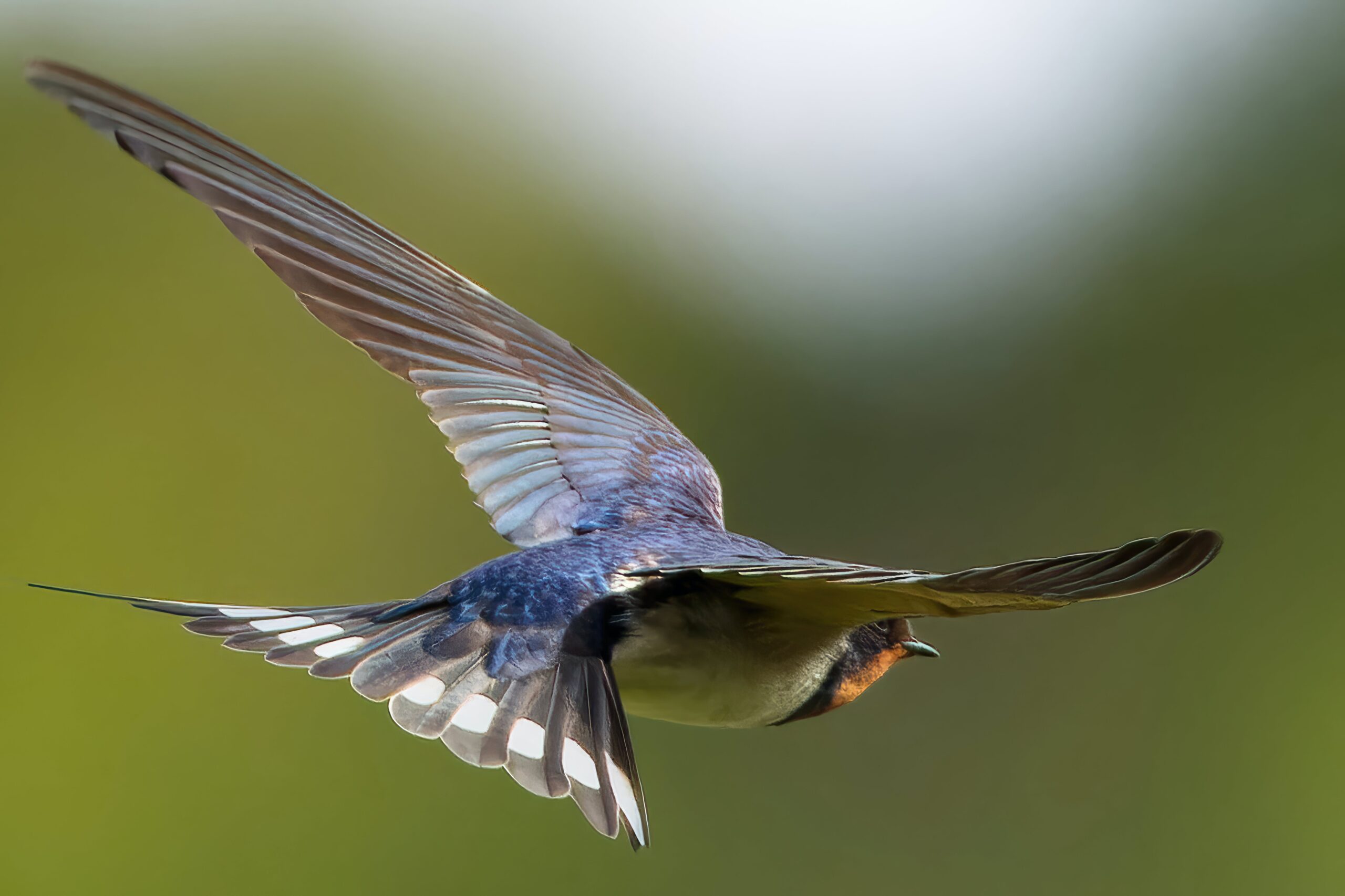Introduction: The Ecological Importance of Swallows in Maintaining Ecosystem Balance
Swallows, with their graceful flight and distinctive forked tails, are not only a delight to watch but also play a crucial role in maintaining the balance of ecosystems. These small birds are known as nature’s pest controllers, as they have a voracious appetite for insects. In this article, we will explore the ecological importance of swallows and how they contribute to the overall health of our environment.
Swallows as Nature’s Pest Controllers: Understanding their Feeding Habits
Swallows are insectivorous birds, meaning they primarily feed on insects. They have a unique feeding style, catching insects on the wing. Their agile flight and sharp eyesight allow them to swoop and dive, capturing insects mid-flight. Swallows are particularly skilled at catching flying insects, such as mosquitoes, flies, and gnats, which are often considered pests due to their nuisance and disease-carrying potential.
The Role of Swallows in Controlling Insect Populations: A Natural Pest Management Solution
The feeding habits of swallows make them highly effective in controlling insect populations. A single swallow can consume hundreds of insects per day, and a breeding pair can consume thousands of insects to feed their hungry chicks. By preying on insects, swallows help to keep their populations in check, preventing outbreaks and reducing the need for chemical pesticides.
For example, a study conducted in agricultural areas found that swallows can reduce the population of crop-damaging insects by up to 60%. This natural pest management solution not only benefits farmers by protecting their crops but also reduces the environmental impact of pesticide use.
Swallows and Agricultural Benefits: Protecting Crops and Reducing the Need for Pesticides
In addition to their role in controlling insect populations, swallows provide direct benefits to agriculture. Many farmers welcome swallows to their fields as they help protect crops from insect damage. By reducing the number of pests, swallows can help increase crop yields and reduce the reliance on chemical pesticides.
For instance, in rice paddies, swallows have been found to significantly reduce the populations of pests like rice planthoppers and leafhoppers. These pests can cause substantial damage to rice crops, leading to decreased yields. By attracting swallows to rice fields through the installation of nesting boxes, farmers have reported a decrease in pest damage and a reduction in pesticide use.
Swallows as Indicators of Environmental Health: Monitoring Ecosystem Stability
Swallows can also serve as indicators of environmental health and ecosystem stability. As insectivorous birds, their presence or absence can reflect the overall abundance and diversity of insects in an area. Changes in swallow populations can indicate shifts in insect populations, which may be influenced by factors such as habitat loss, pollution, or climate change.
For example, declines in swallow populations have been observed in areas where intensive pesticide use has led to a decrease in insect abundance. These declines serve as a warning sign of ecosystem imbalance and the potential negative impacts on other species that rely on insects for food.
Conservation Efforts: Protecting Swallow Populations for a Sustainable Future
Given the ecological importance of swallows, conservation efforts are crucial to ensure their continued presence in our ecosystems. Protecting and restoring swallow habitats, such as wetlands, grasslands, and open fields, is essential. Providing nesting sites, such as artificial nest boxes, can also support swallow populations, especially in areas where natural nesting sites are scarce.
Furthermore, reducing the use of chemical pesticides and promoting sustainable farming practices can help create a more favorable environment for swallows and other beneficial insects. By valuing and protecting swallow populations, we can contribute to a more sustainable future for both wildlife and agriculture.
In conclusion, swallows play a vital role in maintaining ecosystem balance as nature’s pest controllers. Their feeding habits, ability to control insect populations, and agricultural benefits make them invaluable allies in natural pest management. Swallows also serve as indicators of environmental health, highlighting the importance of preserving their habitats and monitoring their populations. By conserving swallows, we can promote a sustainable future that benefits both wildlife and human well-being.

